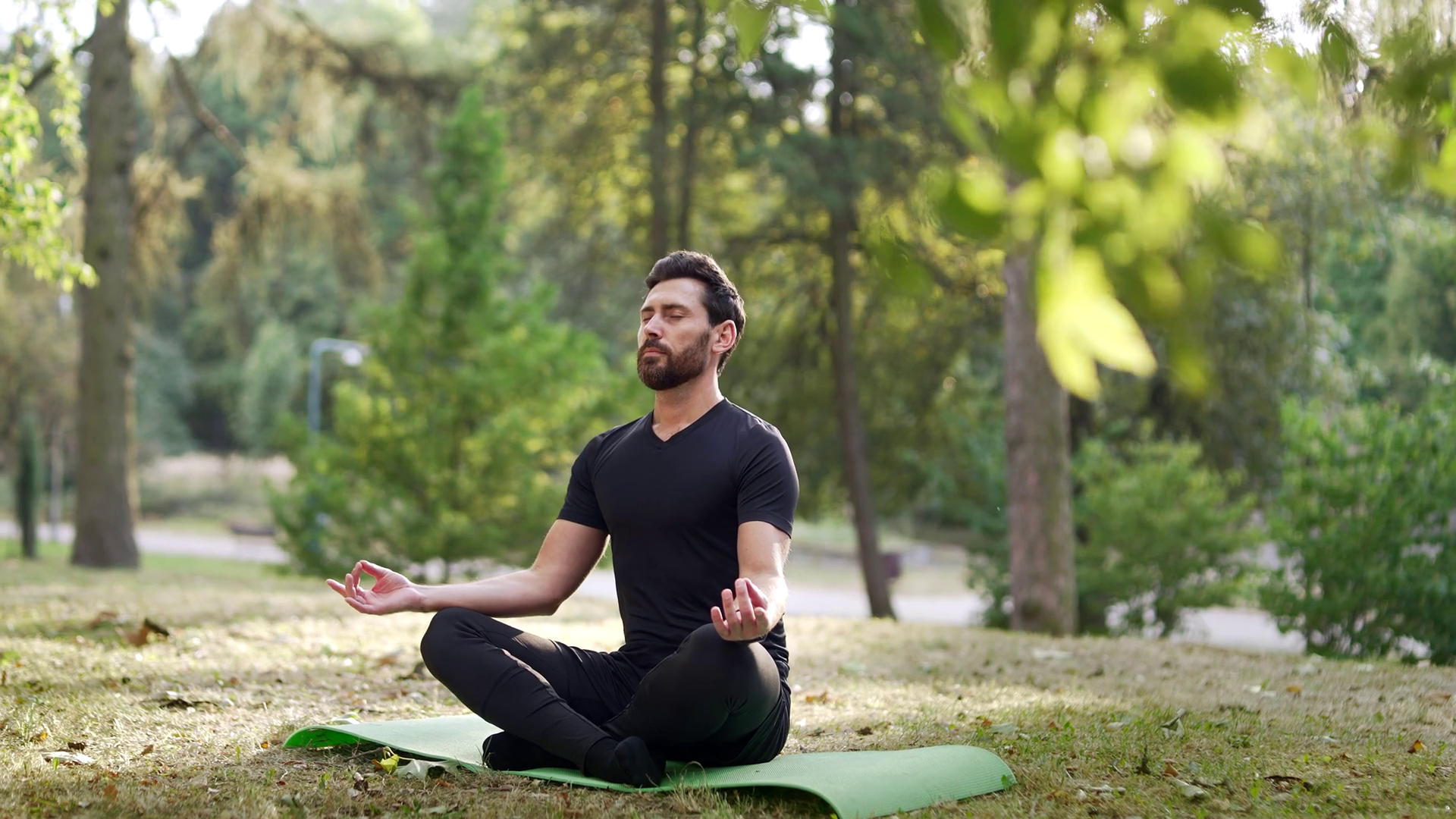A Healthy You
Combat Pollution: Breathing Techniques to Boost Lung Health
With increasing pollution, breathing difficulties are a growing concern. Simple lung exercises can significantly improve respiratory health, reduce stress, and alleviate other health conditions, especially during periods of high pollen or environmental pollutants. Robert Stalbow, a PeaceHealth respiratory therapist, emphasizes that these easy-to-learn techniques can greatly enhance overall well-being.

You can follow these four simple breathing techniques. For best results, practice these exercises for a few minutes multiple times daily, gradually increasing session length:
Simple Breath Awareness:
-
Place one hand on your chest and the other on your tummy.
-
Close your eyes and observe your natural breathing rhythm and hand movements.
-
Notice changes in breath depth and increased relaxation.
Equal Breathing:
-
Inhale for a count of four.
-
Exhale for a count of four.
-
This balanced pattern calms both body and mind.
Pursed-Lip Breathing:
-
Inhale deeply through your nose for two seconds, filling your lungs.
-
Pucker your lips as if to whistle.
-
Exhale slowly through pursed lips, taking twice as long as your inhalation.
-
Repeat to gain better breath control and increase oxygen intake.
Box Breathing:
-
Hold your breath for a count of four.
-
Exhale for a count of four.
-
Pause for a count of four before the next inhalation.
-
This method is effective for stress and anxiety reduction.
Beyond bolstering lung health, these exercises offer a holistic array of benefits extending to various aspects of well-being. Engaging in them regularly can significantly reduce stress and worry, fostering a calmer mental state. They also contribute to better blood pressure control, supporting cardiovascular health. Furthermore, these exercises are known to enhance sleep quality, leading to more restorative rest, and can notably improve focus and concentration, boosting cognitive function. Finally, consistent participation can lead to increased energy levels, invigorating daily life.
When to Seek Medical Advice?
While generally safe, consult your doctor before starting these exercises, especially if you have existing respiratory conditions or other health concerns. Discontinue immediately and contact your healthcare provider if you experience dizziness, shortness of breath, or chest pain during these exercises. If you notice changes in your breathing or feel stressed, talk to your doctor for personalized recommendations and monitoring.